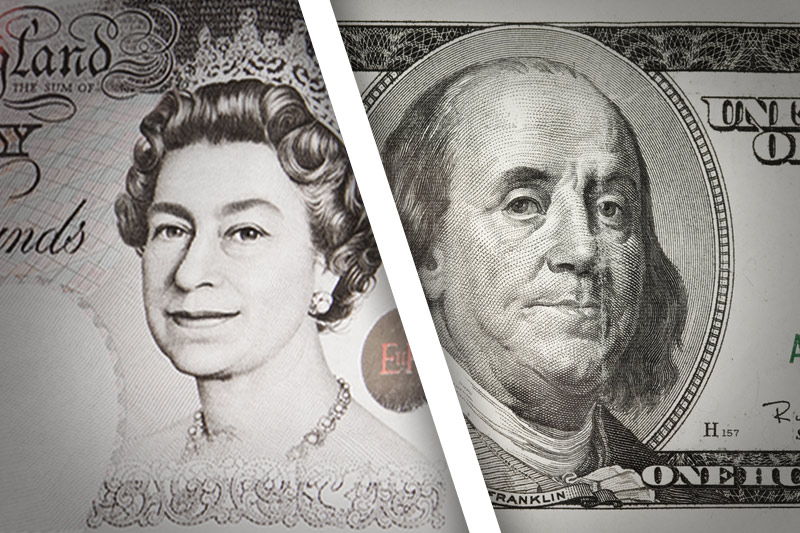Investing.com - Bottom fishers sent the pound rising on Monday after investors digested soft U.K. retail sales over the weekend that weakened sterling in a selloff that left the pound oversold.
In U.S. trading on Monday, GBP/USD was trading at 1.6649, up 0.21%, up from a session low of 1.6584 and off a high of 1.6679.
Cable was likely to find support at 1.6383, the low from Feb. 10, and resistance at 1.6725, Friday's high.
On Friday, data revealed that U.K. retail sales dropped 1.5% in January, outpacing consensus forecasts for a 1% decline. Retail sales in December were revised down to a 2.5% increase from a previously estimated 2.6% gain.
On a yearly basis, U.K. retail sales rose 4.3% last month, compared to expectations for a 5% increase, after a 5.3% advance in December, which softened demand for the U.K. currency.
By Monday, however, bottom fishers snapped up nicely-priced positions in the pound.
Soft Chinese housing numbers cushioned the greenback's losses by bolstering the greenback's safe-haven appeal.
Home prices in major Chinese cities rose 9.6% in January, short of December's 9.9% growth.
Growth fell for the first time in 14 months in January, which fueled already growing fears that the world’s second largest economy is slowing as the government tries to deal with bad loans and weak lenders, which sparked safe-haven demand for the greenback.
Sterling was up against the euro, with EUR/GBP down 0.18% to 0.8251, and up against the yen, with GBP/JPY up 0.21% as 170.67.
The euro saw some support earlier after German research institute Ifo said its business climate index came in at 111.3 in February, the highest level since mid-2011, up from 110.6 in January. Analysts had expected an unchanged reading.
German firms are benefitting from high export demand the report said, though ongoing emerging-market volatility concerns clouded the outlook.
The future expectations component of the index ticked down to 108.3 from 108.9 in January, though it did beat expectations for a decline to 108.2.
A separate report showed that the annual rate of euro zone inflation came in at 0.8% in January, unchanged from the previous month and slightly higher than the preliminary estimate for 0.7%. Consumer prices were down 1.1% from a month earlier, in line with forecasts.
On Tuesday, the U.S. is to release data on consumer confidence and a private sector report on house price inflation.
The U.K. is to release private sector reports on mortgage approvals and retail sales.
